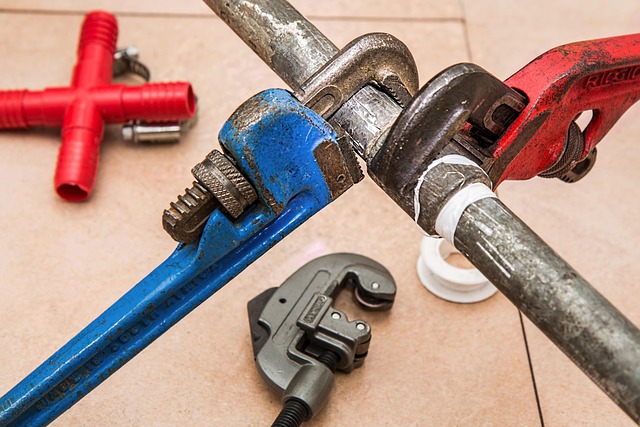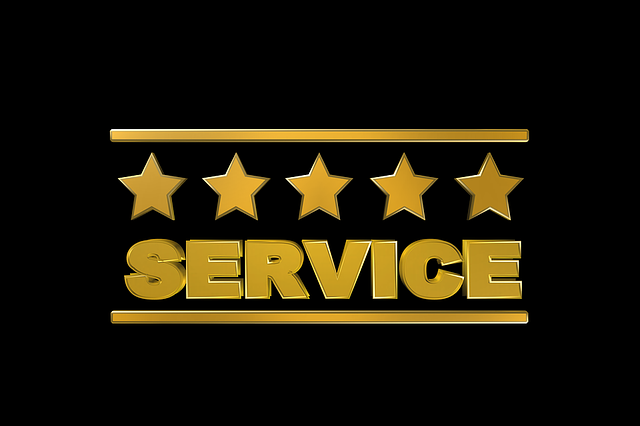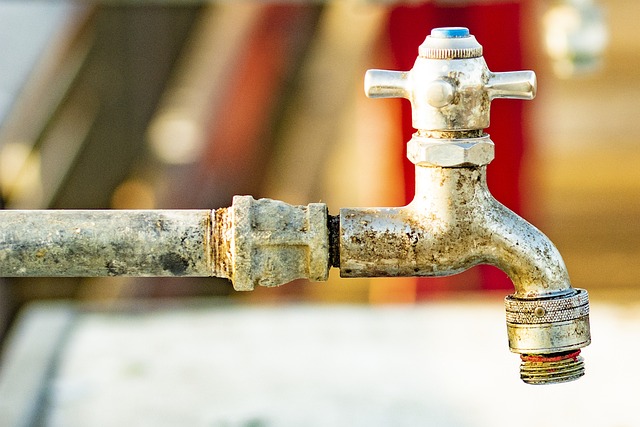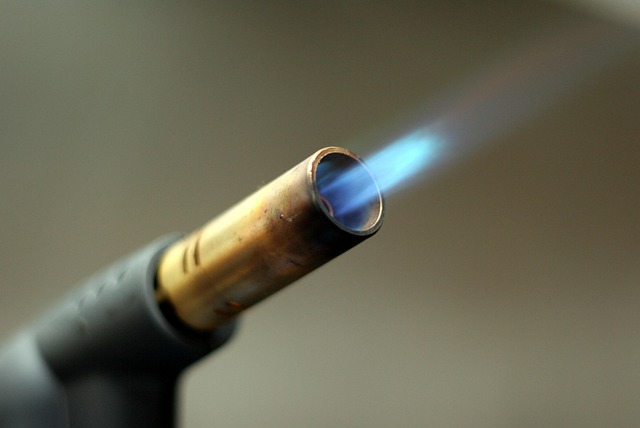Residential plumbing issues arise from wear and tear, improper installation, or lack of maintenance, leading to problems like leaks, clogs, and low water pressure. Prompt action on symptoms is crucial for preventing escalation. Regular maintenance through professional services and homeowner checks saves costs and ensures efficient systems. Key repairs include leaky faucets, pipe replacements with modern materials, and smart tech integration. Choosing reliable plumbers with technical skill and a proven record is vital. Proactive measures like regular inspections, leak monitoring, and drain cleaning prevent costly disruptions.
Residential pipe repair is an essential aspect of home maintenance, often overlooked until a crisis arises. This comprehensive guide delves into the common issues plaguing homes, emphasizing the critical need for prompt plumbing services. We explore signs indicating professional intervention, various types of repairs, and modern techniques ensuring effective solutions.
Furthermore, we offer insights on selecting the right plumber and preventive maintenance tips to safeguard your home’s plumbing system, showcasing the importance of proactive residential plumbing services.
Understanding Common Residential Pipe Issues

Many residential plumbing issues arise from everyday wear and tear, as well as from improper installation or maintenance. Leaks, for instance, are a common problem, often caused by corroded or damaged pipes, loose fittings, or aging sealants. Clogs are another frequent occurrence, typically due to build-up of grease, food debris, or tree roots intruding into pipe lines. Additionally, low water pressure can be a nuisance, resulting from mineral buildup, broken pipes, or issues with the main supply line.
Residential plumbing services play a crucial role in addressing these concerns, offering solutions that range from simple fixings to complex replacements. Regular maintenance, such as checking for leaks and clearing drains, can help prevent many of these issues from escalating. Prompt action on any unusual symptoms, like reduced water pressure or persistent clogs, is essential to avoid further damage and ensure a home’s plumbing system remains efficient.
The Importance of Prompt Plumbing Services

When it comes to maintaining a comfortable and safe living environment, prompt residential plumbing services play an indispensable role. Leaks, clogs, or broken pipes can cause significant damage to homes if left unattended. Not only do these issues waste precious water, but they also run the risk of leading to larger, costlier repairs if not addressed swiftly.
Prompt plumbing services are essential for ensuring the longevity and efficiency of residential plumbing systems. Skilled professionals equipped with modern tools and techniques can diagnose and resolve problems quickly, minimizing disruption to daily routines. Regular maintenance checks performed by these experts can also help prevent potential issues before they become major crises, ultimately saving time and money in the long run.
Identifying Signs Requiring Professional Repair

When it comes to your home’s plumbing system, recognizing potential issues early is key to avoiding costly repairs. Many homeowners often overlook subtle signs that indicate a need for professional residential plumbing services. Leaks, for instance, might start as small drips but can signal significant problems within your pipes. Over time, these leaks can lead to water damage and increased utility bills. Another red flag is persistent low water pressure, which could be caused by clogged drains, broken valves, or issues with the main supply line.
Additionally, strange noises coming from pipes, such as banging or squealing, might suggest pipe corrosion or structural damage. If you notice your hot water heater taking longer than usual to heat up or if the water temperature fluctuates unpredictably, it’s worth investigating. These could be red flags for faulty heating elements or insulation problems. Timely maintenance and prompt addressing of these signs can prevent minor issues from turning into major crises, ensuring a comfortable and efficient residential plumbing system.
Types of Residential Pipe Repairs

Residential pipe repairs encompass a wide range of tasks, from fixing leaky faucets and broken showerheads to replacing old or damaged pipes. These repairs are essential components of residential plumbing services, ensuring the smooth functioning of water supply and drainage systems within homes. Common types of residential pipe repairs include:
1. Leak Repairs: Identifying and repairing leaks in pipes, fixtures, and appliances is a frequent task for plumbers. Prompt action on leaks can prevent significant water damage and save homeowners from costly repairs.
2. Pipe Replacement: Over time, pipes can become corroded, damaged by extreme temperatures, or obstructed, requiring their replacement. Plumbers use various materials, including copper, PVC, and PEX, to install or replace pipes, ensuring long-lasting performance and water flow efficiency.
3. Faucet and Showerhead Repair/Replacement: These are frequently used components that can wear out over time. From tightening loose connections to replacing worn-out parts, plumbers address issues like low water pressure, leaks, and poor flow, enhancing the overall functionality of these fixtures.
Modern Techniques for Effective Solutions

In the realm of residential plumbing services, modern techniques have revolutionized the way we approach pipe repairs. Gone are the days of traditional, time-consuming methods. Today’s advanced tools and technologies enable plumbers to offer effective solutions with minimal disruption to homeowners’ daily routines. For instance, hydrojetting has emerged as a game-changer, using high-pressure water to clear obstructions and restore pipe functionality without the need for invasive excavation.
Additionally, modern piping materials like PEX (Cross-linked Polyethylene) offer superior flexibility and durability compared to traditional metal pipes. These materials are easier to install and less prone to corrosion, making them a popular choice for many residential plumbing services. Moreover, smart technology is increasingly integrated into plumbing systems, allowing for remote monitoring and control of water flow, pressure, and temperature, enhancing both efficiency and safety in homes.
Choosing the Right Plumber for Your Home

Choosing the right plumber is a crucial step in ensuring effective and lasting residential pipe repair. When seeking residential plumbing services, consider professionals who possess both technical expertise and a proven track record. Look for licensed and insured plumbers with extensive experience handling various pipe issues, from leak detection to complete replacement. Online reviews and referrals from trusted sources can offer valuable insights into a plumber’s reliability and work quality.
Additionally, communicate clearly your specific needs and expectations. Reputable plumbers should be willing to provide detailed estimates, explain the repair process step by step, and respect your home by maintaining cleanliness and minimizing disruption during the job. A professional plumber who prioritizes customer satisfaction and uses high-quality materials is more likely to deliver excellent results, ensuring your residential plumbing system remains in top condition for years to come.
Maintenance Tips to Prevent Future Repairs

Regular maintenance is key to preventing costly and disruptive residential plumbing services. Start by inspecting pipes for any signs of damage, leaks, or corrosion. Addressing issues early can stop them from escalating. Simple tasks like tightening fittings, replacing worn-out washers, and flushing valves regularly can go a long way in maintaining the health of your plumbing system.
Keep an eye on water pressure, checking for sudden drops which might indicate leaks or blockages. Regularly cleaning drains and sewer lines with natural remedies or enzyme-based cleaners helps prevent clogs. Additionally, insulating pipes in colder regions prevents freezing, a common cause of burst pipes. These proactive steps not only save you from future repairs but also ensure your plumbing system operates efficiently.
